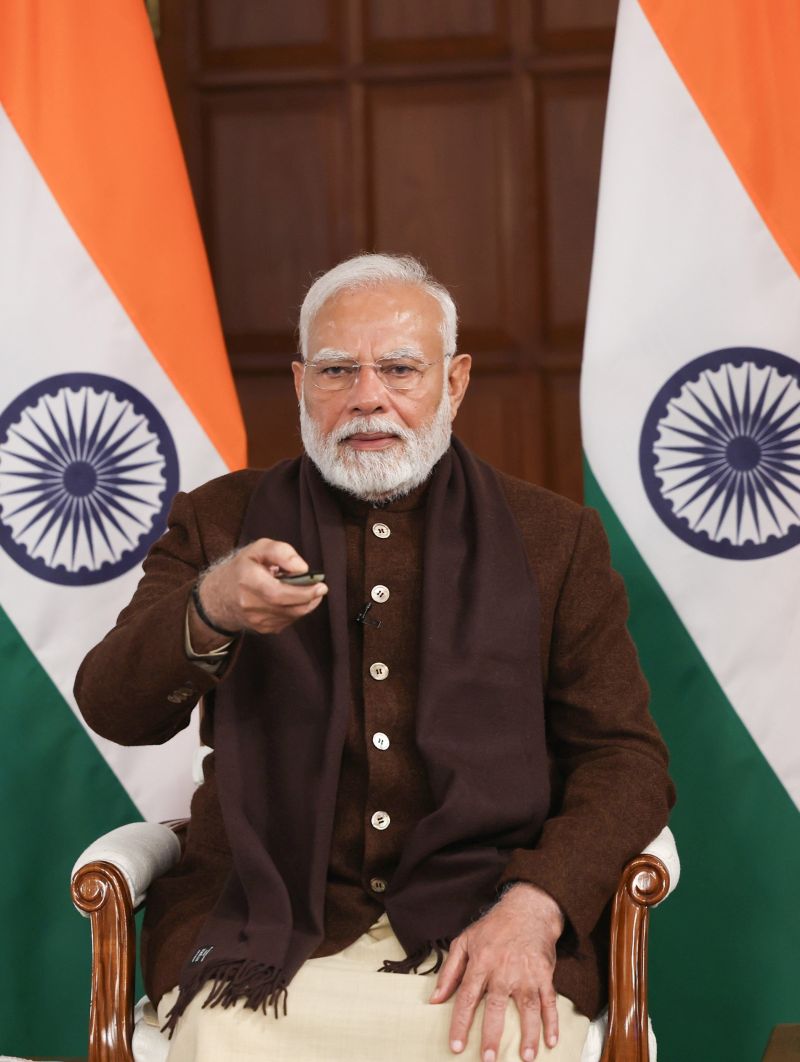By: Ahmad Ayaz
There is a need for a critical review of appointments under SRO 43 in Jammu and Kashmir under which appointments are predominantly granted to the families of government employees who have died natural deaths during service. This practice raises significant concerns about selection criteria and fairness, especially in an era characterized by intense competition for limited job opportunities. How can these appointments be justified on compassionate grounds when they often ignore established criteria and overlook other candidates who may be more deserving? This article explores the implications of such practices, the need for policy review, and potential solutions to ensure a more equitable system.
SRO 43 was introduced as a compassionate measure to support the families of government employees who die while in service. The intention behind this regulation is to provide immediate financial relief and support to the bereaved families, ensuring they do not face economic hardship due to the loss of the primary breadwinner. While the intent is noble, the implementation of SRO 43 has come under scrutiny for its lack of adherence to criteria that prioritize truly deserving cases.
One of the main criticisms of SRO 43 is its application to families of employees who died natural deaths. In many instances, the criteria for compassionate appointments do not differentiate between natural deaths and deaths occurring due to job-related hazards or other extraordinary circumstances. This blanket approach has led to situations where appointments are granted without considering the relative hardship or need of the applicants. Currently, the family member of an employee dying during service is given employment as a compassionate appointment, even if many such families are well off and do not deserve consideration under “compassionate” grounds. There are numerous cases where employment has been granted under this garb, highlighting the need for a more discerning and equitable approach.
In today’s competitive job market, where thousands of qualified candidates vie for limited positions, the automatic appointment of individuals under SRO 43 can seem unfair. Merit-based competition is sidelined, potentially depriving more deserving and qualified candidates of opportunities. This not only impacts the overall efficiency and quality of public services but also undermines the principles of meritocracy that are fundamental to a fair employment system.
There are countless cases of individuals who, despite facing severe hardships, do not receive the same level of consideration under SRO 43. These candidates may include families of private-sector employees, unemployed youth, or individuals from economically disadvantaged backgrounds who do not have the same access to government employment. By focusing primarily on the families of government employees, the policy inadvertently overlooks a broader spectrum of deserving candidates.
To address these concerns, a thorough review of SRO 43 is essential. The policy should be re-evaluated to ensure that it aligns with contemporary standards of fairness and equity. Several key areas need to be addressed:
- DIFFERENTIATING BETWEEN TYPES OF DEATHS: The criteria for compassionate appointments should distinguish between natural deaths and those resulting from job-related hazards or extraordinary circumstances. This distinction will help prioritize cases based on the severity of need and hardship.
- INTRODUCING MERIT-BASED ELEMENTS: While compassionate grounds are important, incorporating merit-based elements into the selection process can help balance compassion with competence. This approach ensures that the appointed individuals are capable and qualified to fulfill their roles effectively.
- BROADENING THE SCOPE OF ELIGIBILITY: The scope of SRO 43 should be broadened to consider deserving candidates beyond the immediate families of government employees. This includes individuals from economically disadvantaged backgrounds, those with exceptional qualifications, and those who have faced extraordinary hardships.
Need for a fairer system
- REGULAR POLICY REVIEWS: The policies related to compassionate appointments should be regularly reviewed and updated to reflect changing societal norms and economic conditions. This process should involve consultations with various stakeholders, including public representatives, civil society organizations, and affected families.
- TRANSPARENT CRITERIA: The criteria for compassionate appointments should be transparent and clearly communicated to the public. This transparency helps ensure that the process is fair and accountable, reducing the potential for misuse or favoritism.
- INDEPENDENT REVIEW PANELS: Establishing independent review panels to assess and approve compassionate appointment cases can enhance the objectivity and fairness of the process. These panels should include representatives from different sectors to provide diverse perspectives.
- RESOURCE ALLOCATION: Adequate resources should be allocated to support the families of government employees who have died, irrespective of whether they receive compassionate appointments. This includes financial assistance, counseling services, and support for education and training.
CONCLUSION
The practice of granting appointments under SRO 43 to families of government employees who have died naturally needs urgent re-evaluation. While the intention behind the policy is compassionate, its current implementation raises questions about fairness and equity in an era of intense competition. By reviewing and revising the policy, incorporating merit-based elements, and broadening the scope of eligibility, policymakers can create a more just and equitable system. Ensuring that the truly deserving candidates receive the support they need will enhance public trust and improve the overall effectiveness of public services in Jammu and Kashmir.
(The author is a Social Activist and National TV debater. The views expressed are his own. @ahmadayaz08@gmail.com)



